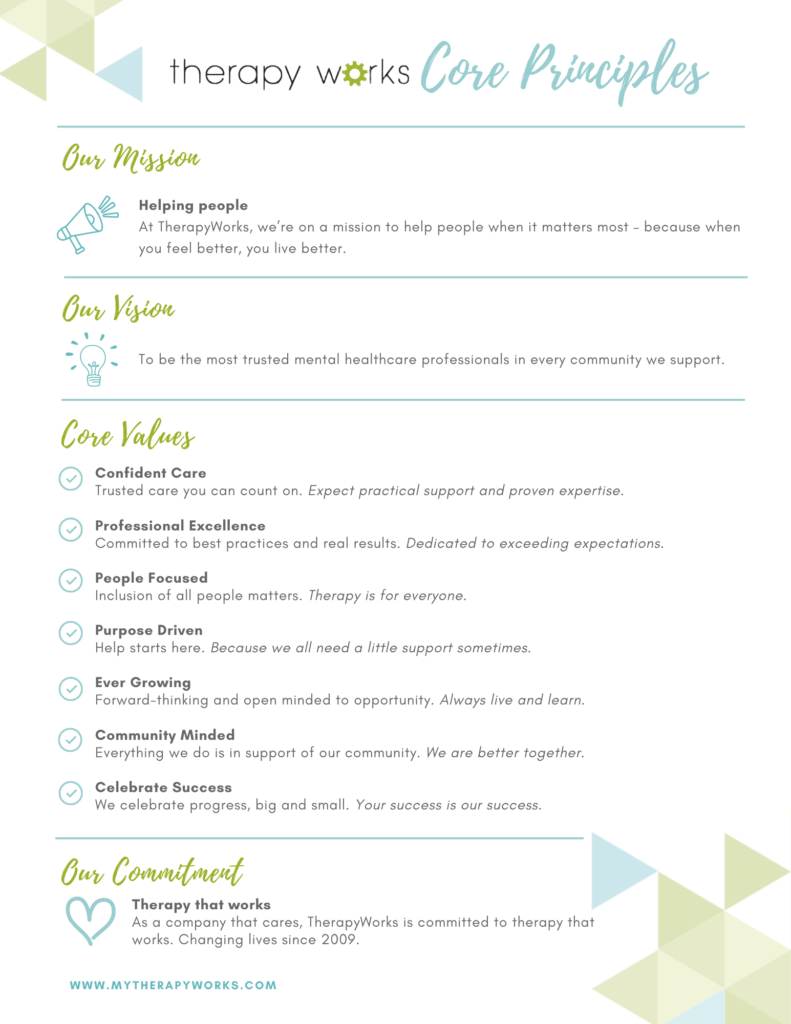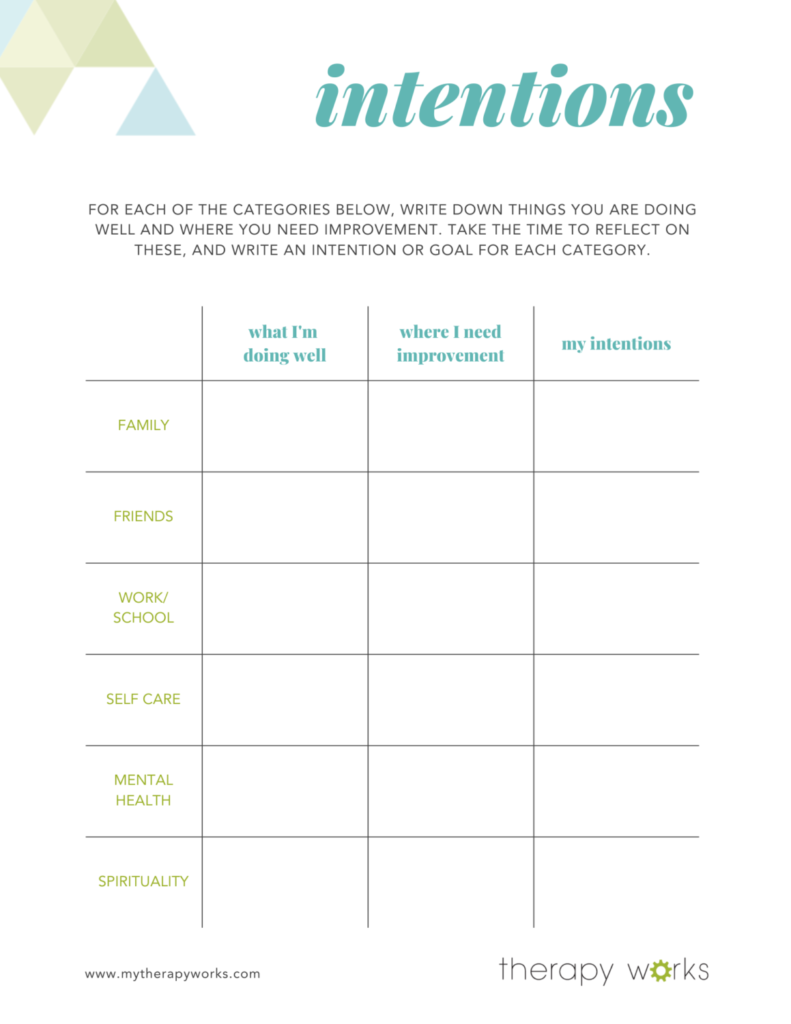Changing Lives
Starting Therapy Resources

Frequently Asked Questions About Starting Therapy
It is important to choose a therapist who you feel is a good fit for you. This can often be identified through your initial and early assessment sessions with the therapist. Some practical things to consider also include the therapist’s qualifications, including education, training and experience, the fee for the session and the location of the office.
Downloadable Resources
Helpful Articles

4 Misconceptions About Therapy
Everyone needs a little help sometimes — whether for yourself, your child or your relationship. Don’t let misconceptions stand in the way of getting help. Luckily reaching out for help and seeking support from a therapist or counselor is not as much of a taboo subject as it has been in the past. Yet there are still many misconception floating around about therapy that keep people from experiencing it’s life-changing benefits.

What Is Trauma Informed Therapy
READ MORE

Therapy Myths vs. Facts
What’s myth and what’s fact when it comes to therapy? Let’s blow the lid off these myths and match them with facts!Whenever you’re ready, here are ways we can help:
- Schedule an appointment – Schedule Now
- Try virtual counseling from home – Learn about telehealth
- Get to know our therapists – Meet our team!
- Share this with someone – Just send them this link
- Let’s Chat – Email us
- Join our email list – sign up here
Recent Posts
Therapist-Approved Gift Guide: Thoughtful Gifts for Everyone On Your List
Top Factors Impacting Kids’ Mental Health Today
Suicide Prevention: Resources and Support for Those in Need
The Importance of Mental Health Check-Ins for School-Aged Children: Supporting Academic Success and Well-Being
The Importance of Friendships for Mental Health
Escape Stress: Discover the Best Relaxation Spots in Santa Cruz
Navigating the Transition from School Year to Summer: A Focus on Kids’ Mental Health
Contact
Email: hello@mytherapyworks.com
LOS GATOS OFFICE
P: 408-508-6789
F: 408-399-8909
A: 334 Village Lane, Los Gatos, CA 95030
Click for Map
CAPITOLA/SANTA CRUZ OFFICE
P: 831-525-5000
A: 519 Capitola Ave. Suite A, Capitola, CA 95010
Click for Map
SCOTTS VALLEY OFFICE
P: 831-525-5000
A: 125 Bethany Drive, Bldg B, Suite 101, Scotts Valley, CA 95066
Click for Map


